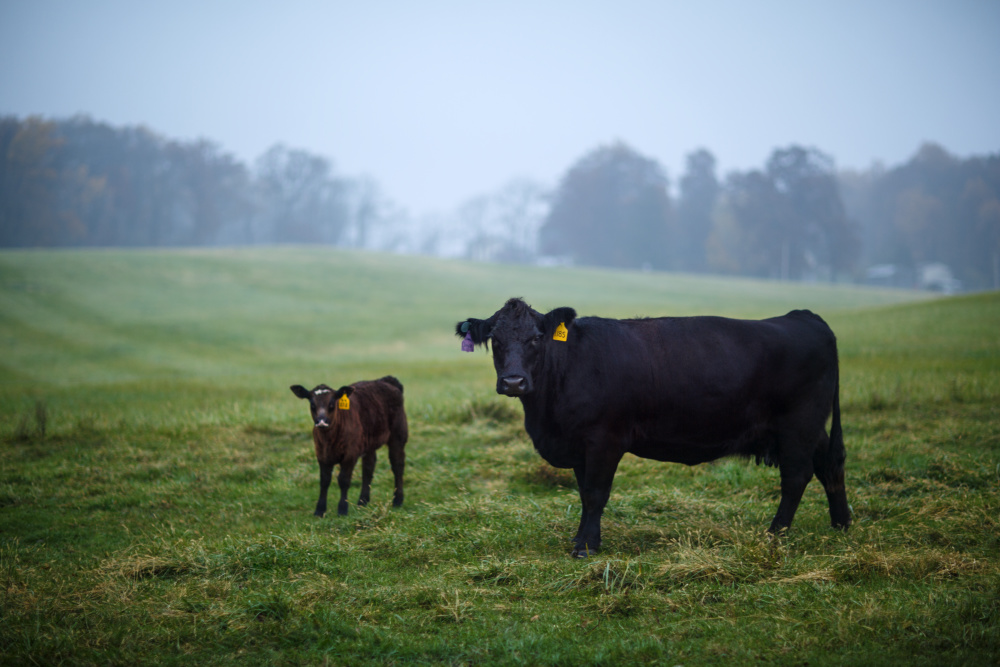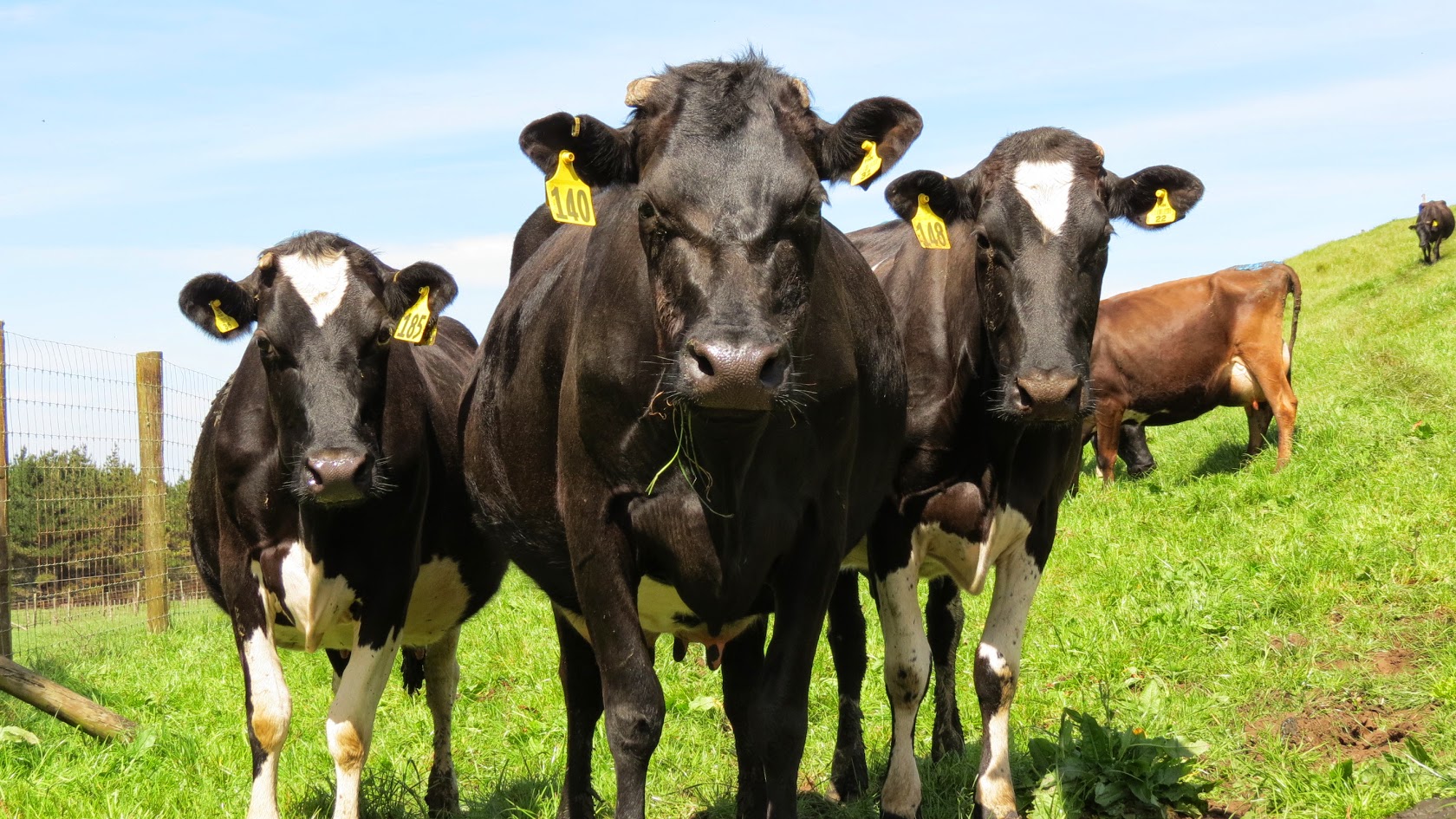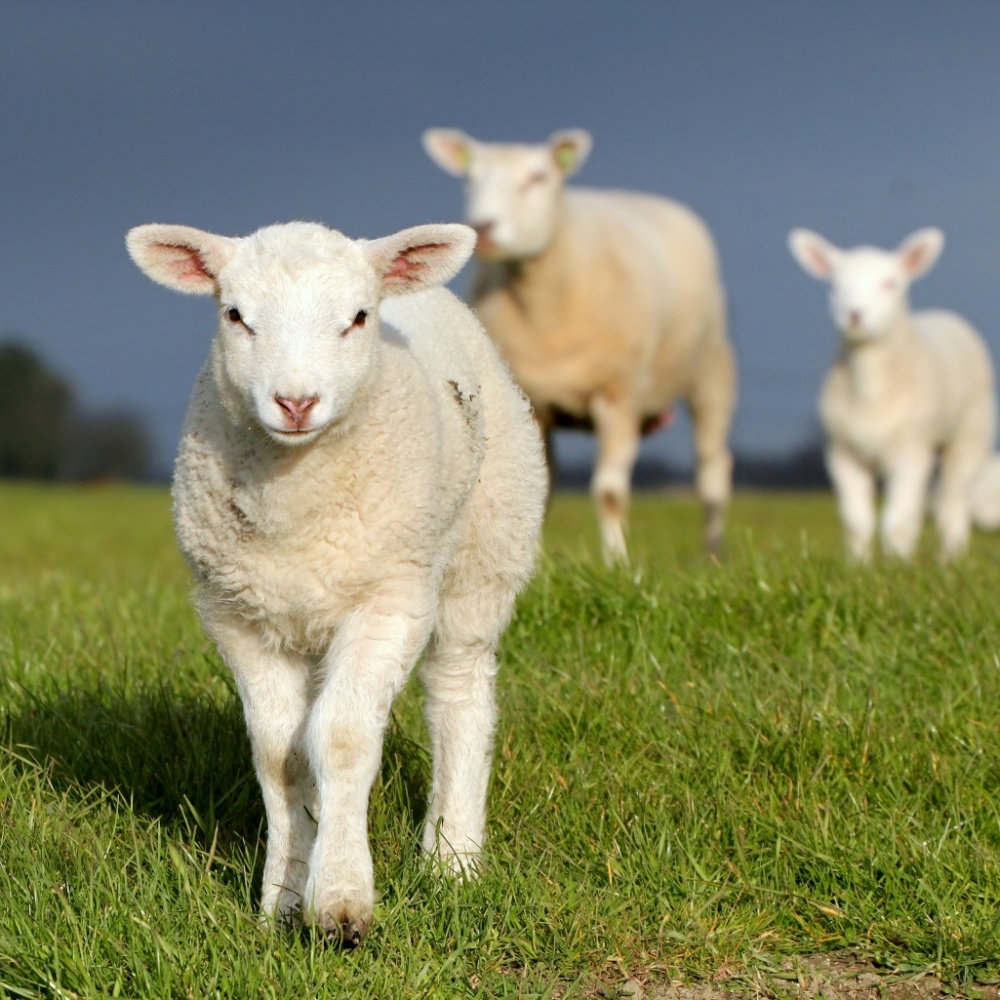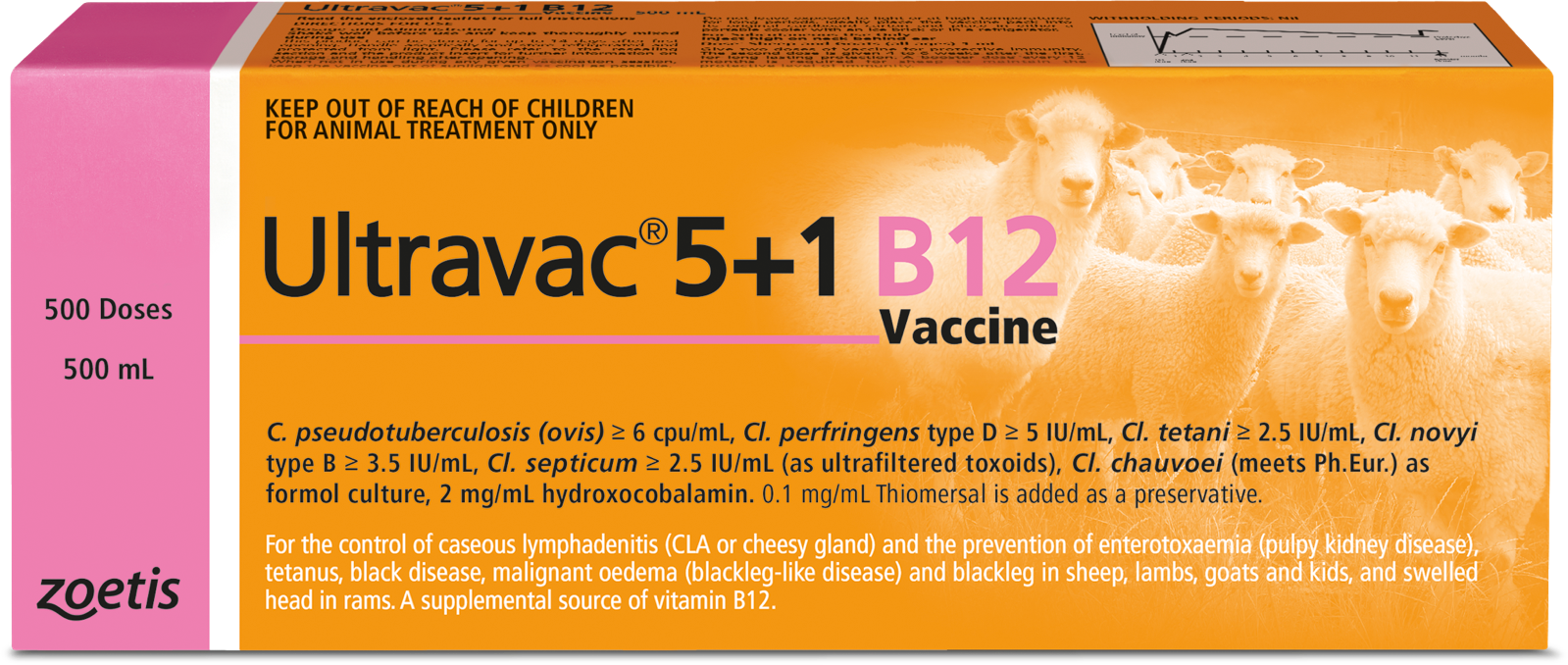Ultravac® 5+1 B12
Ultravac 5+1 B12 is a multi-component clostridial vaccine for the control of caseous lymphadenitis (CLA or cheesy gland) and the prevention of enterotoxaemia (pulpy kidney disease), tetanus, black disease, malignant oedema (blackleg-like disease) and blackleg in sheep and lambs, goats and kids, and swelled head in rams. It also includes a supplemental source of vitamin B12.
Expand All
-
Corynebacterium pseudotuberculosis (ovis), Clostridium perfringens type D, Clostridium tetani, Clostridium novyi type B, Clostridium septicum (as ultrafiltered toxoids), Clostridium chauvoei (as formol culture) and 2 mg/mL hydroxocobalamin (Vitamin B12).
The adjuvant, which is an aluminium salt, increases the level and duration of the immunity conferred by the vaccine. The type of adjuvant and the purification procedures used ensure maximum protection of stock with minimum risk of local reactions at the site of injection. Thiomersal 0.1 mg/mL is added as a preservative.
-
- Prevention of the five major clostridial diseases of sheep and goats in NZ and for control of cheesy gland. Also, trace element supplementation of vitamin B12 in one convenient injection.
- Vitamin B12 is crucial for energy production, supporting ewe reproductive performance, and enhancing lamb growth rates.
- Suitable for kids, lambs, and pregnant goats and ewes.
- Low dose volume: Ultravac 5+1 B12 has a low 1 mL dose volume for sheep and goats for easy administration. This means there’s less fridge space required for storage and fewer pack changes needed when vaccinating large numbers of stock.
- Use in lambs from three weeks of age.
-
Ultravac 5+1 B12 is available in 500mL pillow packs.
-
For subcutaneous use only. Inject high on the neck behind the ear.
Sheep and goats (all ages): 1 mL followed by a second dose of 1 mL, administered four weeks later. All animals should receive an annual booster dose. Goats require regular revaccination at six-monthly intervals to maintain effective immunity against enterotoxaemia.
Pregnant ewes and does: If the animals have not been previously vaccinated, a 1 mL dose should be given at the time of mating and a second dose of 1 mL should be given within four weeks of the expected date of birth. If the ewes/does have been previously vaccinated, the dose at the time of mating may be omitted. Successfully vaccinated pregnant ewes and does will not only be protected themselves but will also pass on immunity to their lambs and kids in the colostrum or ‘first milk’; such lambs and kids should be protected for the first 6 to 8 weeks of their lives against these diseases. In heavily CLA infected flocks, maternally derived immunity may interfere with response of lambs to vaccination before 10 weeks of age.
Development of immunity: Immunity against the clostridial diseases develops about 10 days after vaccination. The second dose, given four weeks after the first should ensure a high level of immunity against these diseases. Immunity against caseous lymphadenitis develops within two weeks of administration of the second dose.
-
Localised swelling may develop at the site of injection and a firm nodular lump may persist for some weeks or even months.
Cases have been recorded of goats developing signs of anaphylactoid shock shortly after vaccination. This is believed to be due to protein sensitisation as a result of previous vaccination. This vaccine has been prepared in a manner which will reduce this risk as far as possible. Nevertheless, valuable animals should be kept under close observation for one hour after vaccination and a veterinarian called immediately if signs of shock become evident.
-
Store at 2–8°C (refrigerate; do not freeze). Shake well before use and keep thoroughly mixed during use.
Store unused material between 2°C and 8°C (refrigerated) and in the original cardboard packaging to protect from light. This product can be stored and used for up to 14 days after first opening. On each subsequent reuse, swab the opening with a suitable disinfectant (for example, methylated spirits) both before and after using. A sterile needle and syringe must be used each time product is removed.
-
Zoetis New Zealand Limited. ULTRAVAC is a registered trade mark of Zoetis Inc. or its subsidiaries. ACVM Registration No. A11607.
-
For technical enquiries please phone Zoetis Technical Services on 0800 650 277.
-
 Beef Cattle
Beef Cattle
Vaccines, parasite-control products and antibiotics for beef cattle.
 Dairy Cattle
Dairy Cattle
Vaccines, parasite-control products antibiotics and reproduction programs for dairy cattle.
 Sheep
Sheep
Vaccines, parasite-control products and antibiotics for sheep.


 Beef Cattle
Beef Cattle Dairy Cattle
Dairy Cattle Sheep
Sheep